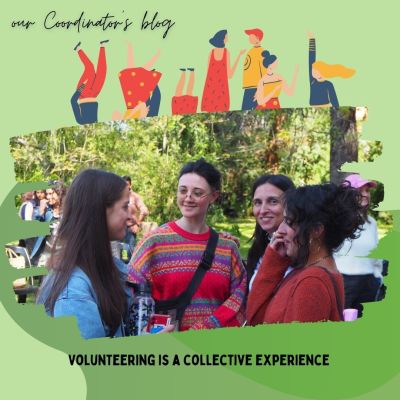By April Bohnert Everyone has their own reasons for volunteering. Many volunteers come here to learn Spanish and immerse themselves in a new culture. Others come to gain experience in professional and social fields. Whatever their reasons, all come with the intent to help others. After all, volunteering, at its core, is about giving of oneself without expecting any compensation in return. But the fact of the matter is, giving actually is receiving, and there are more and more studies popping up to prove it.
In recent years, research from John Hopkins and the Institute for the Advancement of Health have found a number of mental, emotional and physical benefits gained by volunteering, from increased self esteem, endorphin levels, life expectancy and immunity, to reduced blood pressure, insomnia and depression. Part of this can be explained by the theory of social integration, which posits that people, who feel they are a contributing and accepted part of a collective, are less likely to feel depressed or isolated and more likely to live happy, productive lives. At Voluntario Global, the volunteers are connected with the communities they work in and also with their fellow volunteers. The anxieties and challenges of living in a foreign country diminish drastically with the support and help of others. Seeing a person you have helped or a project you have worked on succeed and flourish is probably the greatest joy of volunteering. Successes both small and large can be very fulfilling, and it’s not uncommon to feel what’s often referred to as “helper’s high.” It may sound crazy, but the effect is tangible. The body actually releases endorphins into the blood stream, creating improved emotional well-being and sense of self-worth, reducing stress, and in turn, promoting a stronger immune system and better overall health.
Altruism is, by definition, a selfless act that improves the lives of others, and with recent studies we can see that it also improves our own lives. With the countless reasons that compel us to volunteer, we rarely consider the biological and psychological benefits volunteering can have, but it certainly is a perk worth mentioning. There may be no monetary or material compensation in volunteer work, but what we give of ourselves comes back to us tenfold in the form of happiness and health.




